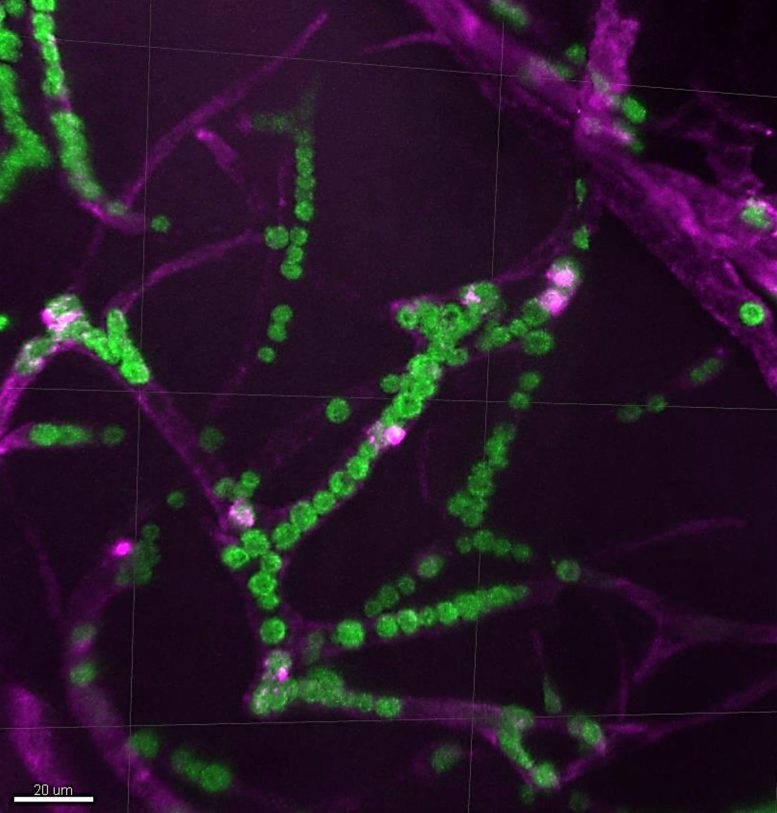A biological miracle has been made to happen and as a result of that, scientists are now able to keep tadpoles alive even after taking them are unable to breathe.
Researchers from Ludwig Maximilians University introduced photosynthetic algae into the tadpoles that created a symbiotic relationship between amphibians and microbes. This ensures that the amphibians are alive without any environmental oxygen, according to The Scientist reports. This experiment might not hold a lot of medical value but it is fascinating how far science has gone.
For testing this new hybrid, the researchers starved the tadpoles of oxygen until their brains shut down entirely. Then, they shined a light onto the water tank, activating the algae and causing it to produce oxygen. Once the oxygen started coming, the tadpoles’ brains became active again, showing that the algae were successfully keeping their new host alive, according to research published in the journal iScience on Wednesday.

Gettysburg College biologist Ryan Kerney told The Scientist that researchers, himself included, have been trying to make artificial symbiotic relationships with algae, with the goal of changing or improving animal physiology, for around a decade.
He stated that there are still many things to figure out, a troubling lack of regulations over the niche scientific field, and risks associated with harmful algae.

“But the potential implications are also just fascinating to speculate about,” Kerney added. “Can we get away from breathing as a way to keep our brains going?”


